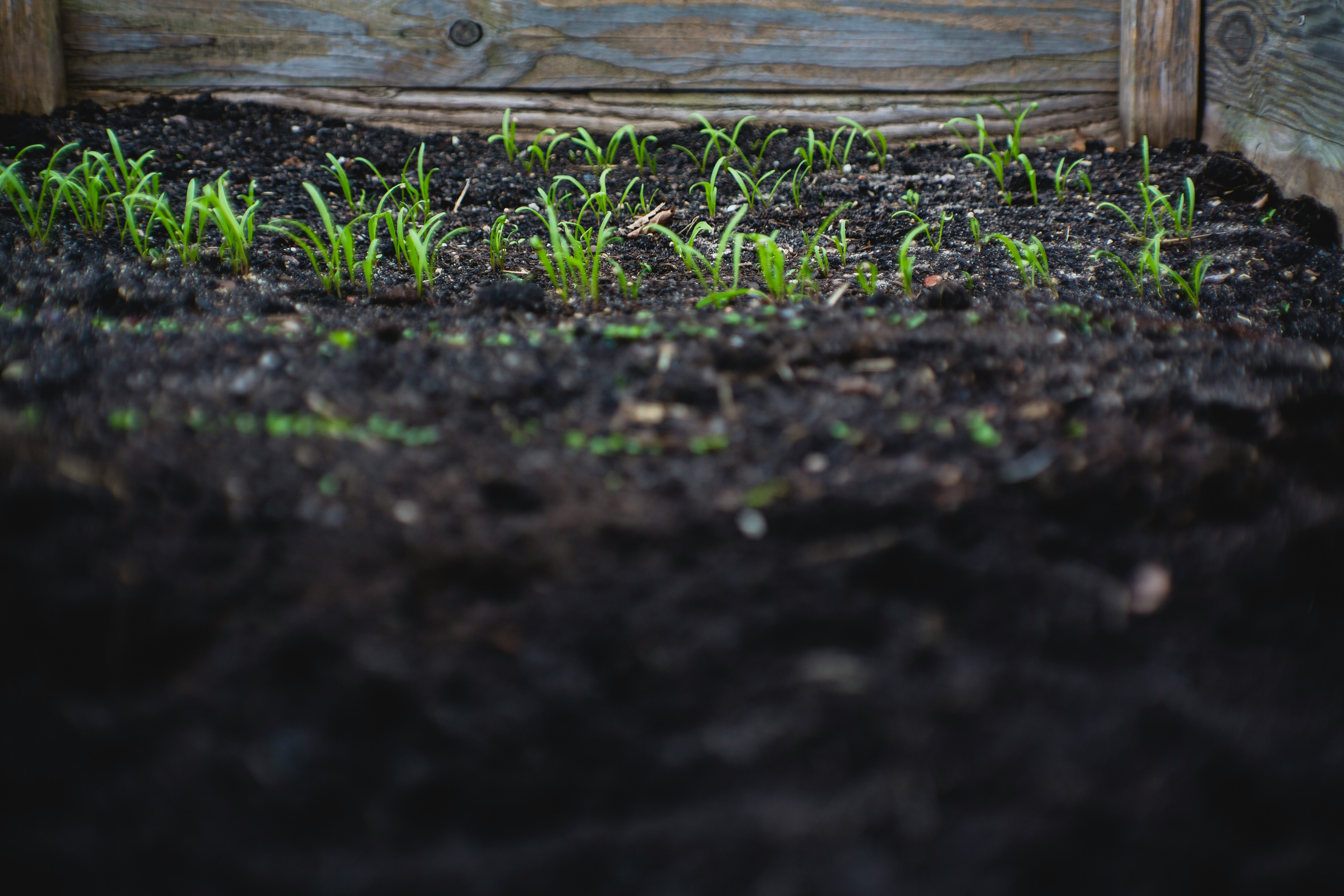News release
From:
Monitoring soil fauna with ecoacoustics
Our paper reviews the potential of an emerging approach to monitoring soil biodiversity - a crucial endeavour given that 59% of species live in soil yet 75% of soils are affected by degradation. The emerging method is soil ecoacoustics, which we believe holds significant potential for advancing our understanding of soil ecosystems and land management. Indeed, a 2024 horizon scan of global biological conservation issues identified soil ecoacoustics as an emerging global priority. Traditional methods for assessing soil biodiversity are often costly, labour-intensive, time-consuming and intrusive. Soil ecoacoustics offers a non-invasive, efficient, and scalable alternative to traditional techniques.



 Australia; SA
Australia; SA



